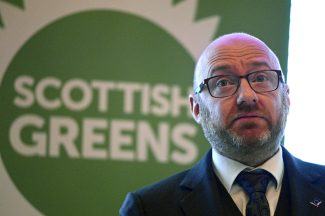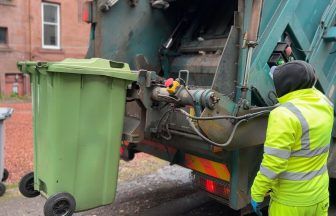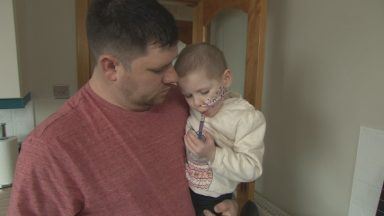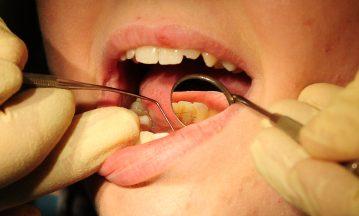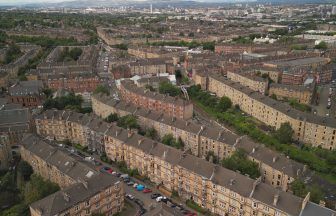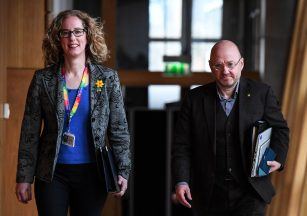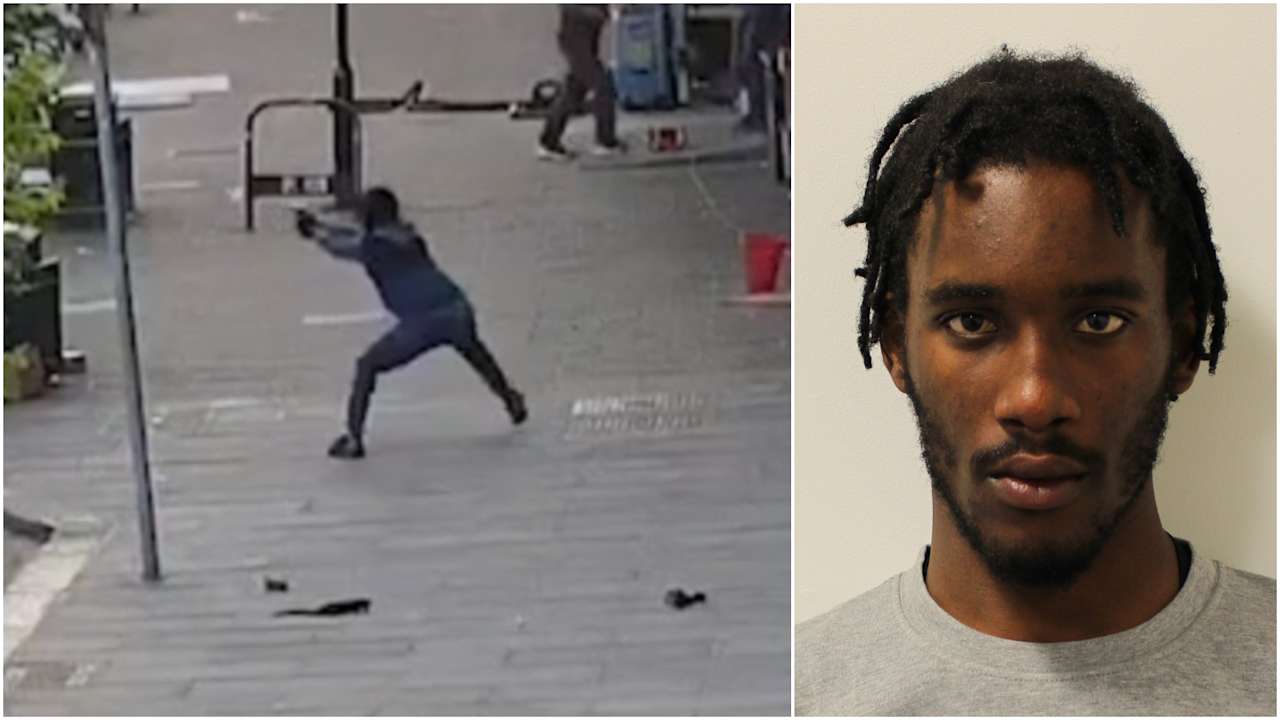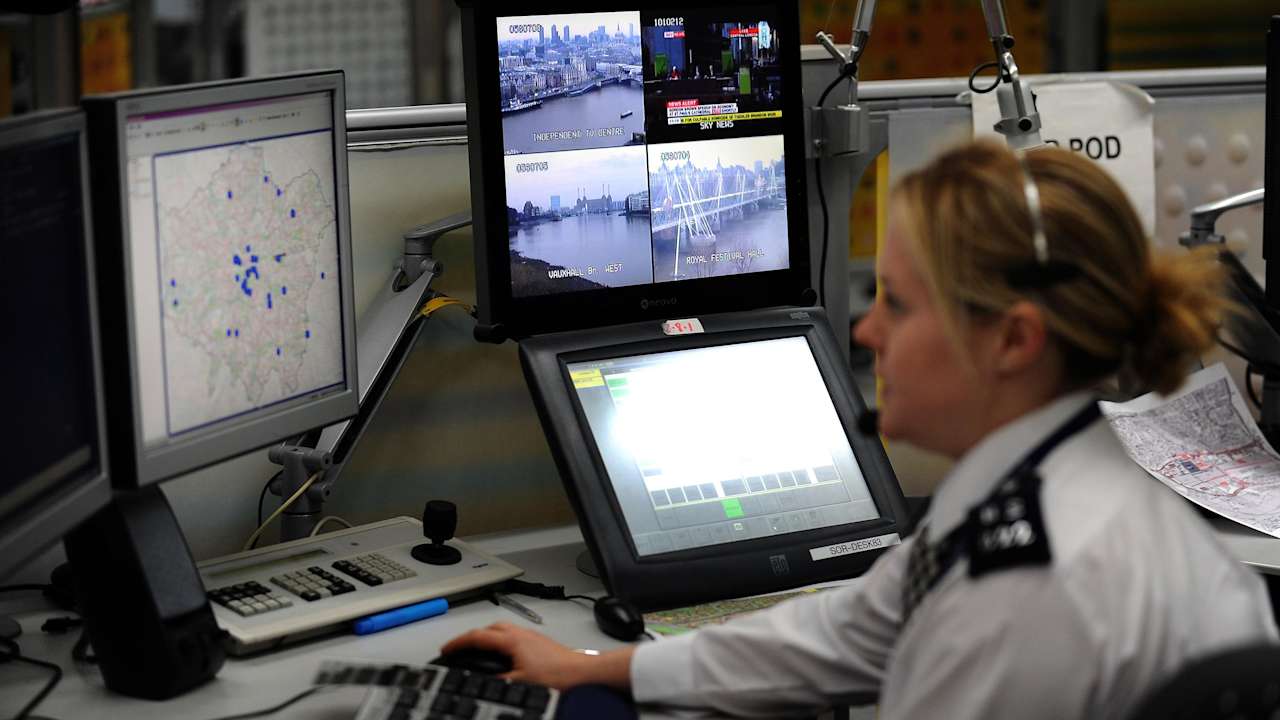All the governments of the UK have now agreed to move from the first phase of tackling the coronavirus, known as “containment”, to the second so-called “delay phase”.
The containment phase was all about trying to prevent the disease from spreading “for as long as reasonably possible”, as per the action plan set out by the UK’s four home nations at the start of the month.
That meant working to detect cases early before speedily trying to locate everyone those patients had come into contact with.
For the general public, there was also a raft of public health advice, such as telling those who had travelled to hotspot areas to stay at home for two weeks, detail on coronavirus symptoms and personal hygiene advice.
It was never going to be possible to contain Covid-19 indefinitely, with around 130,000 cases globally, nearly 5000 deaths and the virus now declared a “pandemic” by the World Health Organisation.
The “delay phase” is, as the name would suggest, all about slowing the outbreak down.
To that end, all the advice to the public from phase one applies – keep washing your hands properly, cover your nose and mouth when sneezing or coughing and try to avoid touching your face.
But there are also more extreme measures being put in place which will affect all of our daily lives.
So what exactly has been announced in Scotland and the UK?
- As of Monday, all gatherings of 500 people or more are banned in Scotland, including sporting events, concerts, conferences – anything.
- Anyone experiencing even mild symptoms of coronavirus – a fever or a persistent cough – is told to “self-isolate”, or in other words, stay at home, for seven days.
- For the vast majority who contract the virus, symptoms will clear up in around a week like the flu – unless they get worse, there is no need to contact a GP or NHS24.
- Those with symptoms are asked not to go to work, school, or public areas, use public transport or taxis – or even go for a walk.
- They are also urged to stay at least two metres (about three steps) away from other people in their homes, to sleep alone and to use a separate bathroom, if possible.
- They are urged to plan ahead to ensure they don’t have to leave their homes during the self-isolation period, such as by arranging for others to pick up their shopping.
- In the coming weeks, entire households may be asked to stay at home for seven days if even one person living there develops symptoms.
- People over 70 with underlying medical conditions are advised not to go on cruises.
- Currently, schools, colleges and universities have not been ordered to close, although some have. In part, this is because children and young people are the least at risk from Covid-19, and if school pupils were all sent home, parents working in vital frontline services like the NHS might need to go off work to look after them, piling even more pressure onto the health service.
- However, councils are being advised to cancel any overseas school trips.
What have other countries been doing?
Many countries around the world have already implemented measures like those the UK is now looking at, with nations like China, Italy and Iran seeing particularly acute Covid-19 outbreaks.
In many cases, they are also going further, and such measures could still be put in place here at a later date.
- The Republic of Ireland, as of Thursday evening, will close all schools, colleges and childcare facilities until March 29, ban indoor gatherings of more than 100 people and outdoor gatherings of more than 500 people.
- US president Donald Trump announced a travel ban to and from Europe, including the UK.
- In Italy, the country has effectively been put into lockdown amid the worst outbreak in Europe, with members of the public ordered to keep one metre (three feet) from one another and a “one in, one out” policy in some shops and supermarkets.
- The one-metre social distancing rule of thumb has been extended to cinemas in Italy (with an Irish cinema chain doing likewise), meaning every second or third seat has to be kept unoccupied.
- In China, stadiums and other large public facilities have been converted into mass quarantine areas, while temporary hospitals have also been built for those with less severe symptoms.
- South Korea, one of the only countries where the number of cases has levelled off, has taken a softer social approach, with the government sending personalised messages to citizens telling them about new cases where they live.
- There is also a highly aggressive system of coronavirus testing in South Korea, with the capacity to test up to 15,000 a day – and more than 200,000 tested so far. About 50 drive-through testing clinics have been set up across the country. This means the government has a clearer picture of the outbreak and can target resources more effectively.
In the UK, what are the next phases?
Phase Three: Research
If efforts to slow the spread of the virus prove to be unsuccessful, the government will shift its focus to finding out more about how the virus spreads and how those who are infected can be treated most effectively.
The UK hopes to delay the peak of a coronavirus outbreak until the summer, when fewer winter pressures on the country’s health services mean more time can be put into this research.
UK ministers have also pledged tens of millions of pounds to scientists seeking to create a vaccine for the disease, like San-Diego based Scot Dr Kate Broderick.
Phase Four: Mitigate
If the virus becomes widespread, so that the pressures on services like the NHS and wider society become significant and “clearly noticeable”, the government will move to try to mitigate its effects. This is considered the worst-case scenario.
Policing could be limited to solely dealing with very serious crimes and maintaining public order, particularly if officer numbers drop.
The NHS could be closed to all but critical care and retired NHS staff could be called back to work.

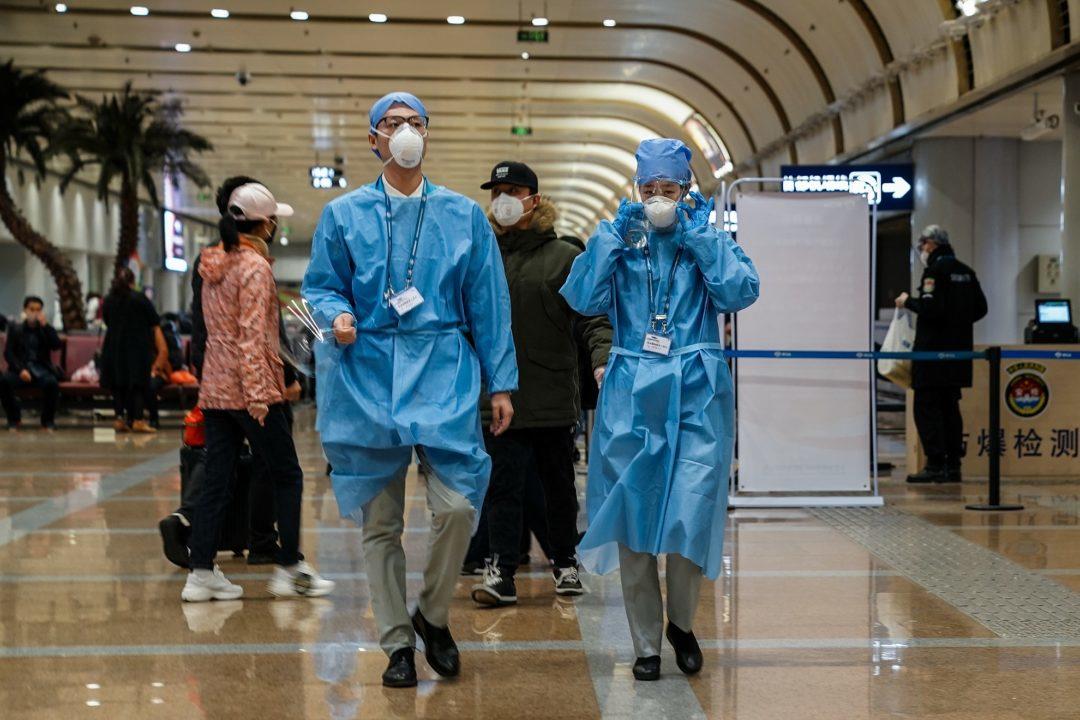 Getty
Getty







